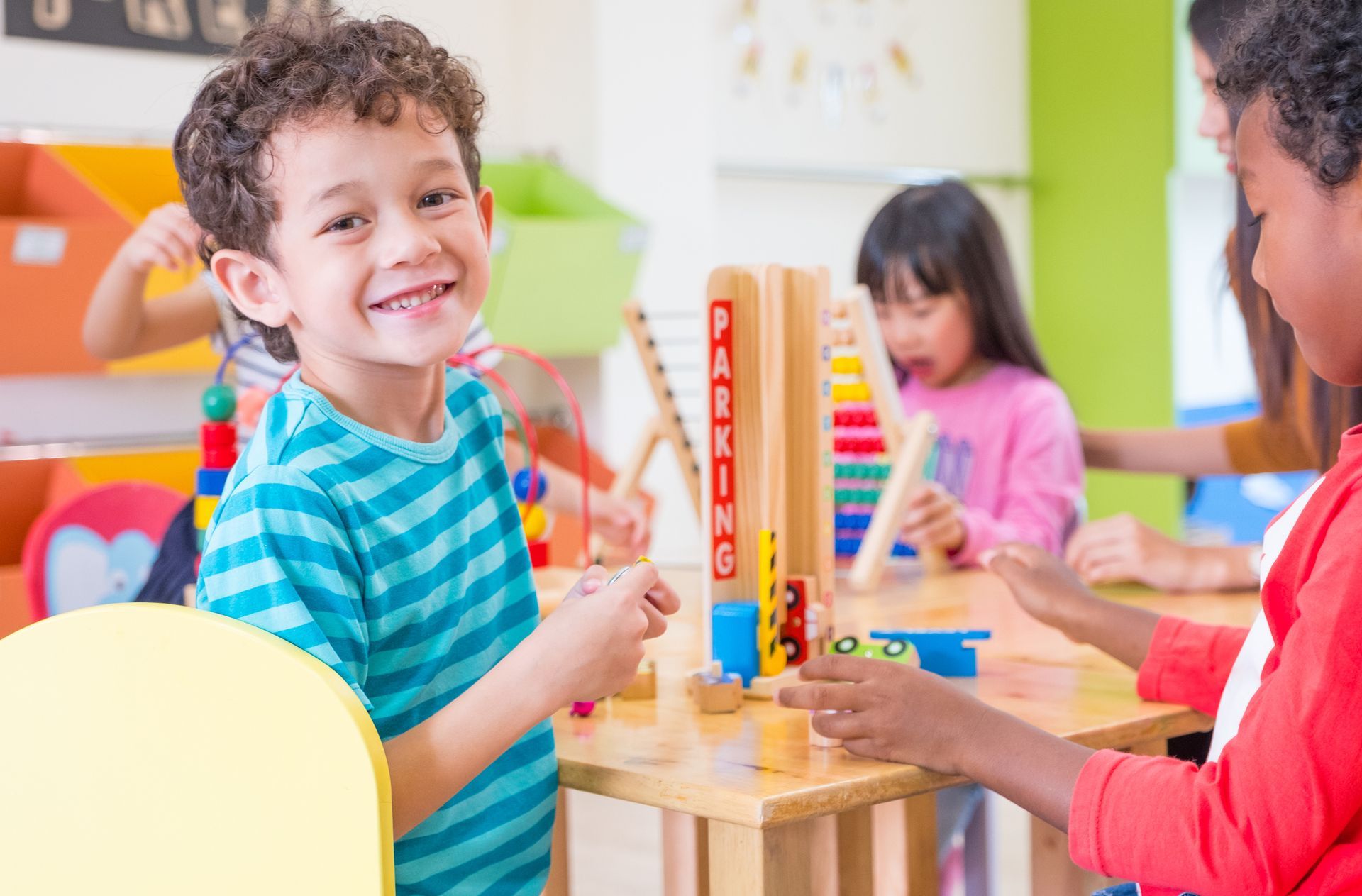The Value of Literature Programs for Preschool Children
Engaging young minds through literature is one of the most profound ways to foster early childhood development. For preschool children, literature programs offer a remarkable opportunity to ignite imagination, enhance language acquisition, and support cognitive growth. Here, we explore the myriad benefits such programs provide and why they play a crucial role in the educational journey of young learners.
Building Language and Communication Skills
Literature programs introduce preschoolers to a vast array of vocabulary, sentence structures, and storytelling styles. Listening to stories helps children develop listening skills and understand the rhythm of language. As they absorb new words and phrases, their ability to articulate thoughts and ideas improves, laying a strong foundation for communication. Through engaging narratives, children learn the nuances of verbal expression, enriching their everyday interactions.
Sparking Imagination and Creativity
Preschool literature programs are designed to capture the imagination of young minds. Stories transport children to different worlds, stimulate their creativity, and encourage them to think beyond the confines of their immediate environment. Characters become relatable friends, and storylines challenge them to solve problems creatively. Through imaginative play inspired by stories, children demonstrate heightened creativity, an essential skill for future academic and personal endeavors.
Nurturing Emotional and Social Development
When preschool children engage with literature, they embark on empathetic journeys through the emotions and experiences of various characters. This exposure helps them understand and express their feelings, promoting emotional intelligence. Furthermore, group reading activities often accompany literature programs, enabling children to practice social skills like sharing, taking turns, and respecting others' perspectives. These experiences foster a sense of empathy and cooperation among peers.
Cultivating a Love for Reading
A crucial aim of literature programs is to instill a lifelong love for reading in children, which can profoundly impact their personal and academic development. By associating books with enjoyable and rewarding experiences—such as engaging storytelling sessions, interactive discussions, and creative activities—children are more likely to develop a passion for reading that carries them through their school years and beyond. This love for literature not only enhances lifelong learning, helping them to acquire knowledge and critical thinking skills but also provides a source of comfort and inspiration throughout their lives. Furthermore, being immersed in diverse narratives fosters empathy and understanding, empowering young readers to connect with different cultures and perspectives. Ultimately, cultivating a passion for reading lays the foundation for a curious mind and a richer, more fulfilling life.
Enhancing Cognitive Development
Integrating literature programs into preschool education significantly bolsters cognitive development in young learners. As children engage with stories, they hone critical thinking and comprehension skills, learning to make predictions, recognize patterns, and draw connections between story elements. Literature often introduces children to basic concepts such as numbers, colors, and relationships, seamlessly weaving learning into enjoyable activities. Through repeated exposure to complex plots and diverse characters, young minds are trained to process information, improving memory and developing attention to detail. These cognitive skills fostered by literature programs are foundational, supporting academic success and problem-solving abilities as children progress in their educational journey.
Encouraging Cultural Awareness and Diversity
Literature programs for preschool children play a pivotal role in promoting cultural awareness and appreciation for diversity. By presenting stories from various cultures and perspectives, these programs expose children to a wide range of traditions, customs, and viewpoints. This multicultural exposure helps youngsters understand and appreciate differences, fostering a sense of inclusivity and respect for individuals from all walks of life. As children learn about diverse experiences through engaging narratives, they develop a broader worldview and a natural curiosity about the world around them. Encouraging cultural awareness at an early age not only enriches children's understanding of humanity but also nurtures a future generation that values diversity and practices empathy.
Incorporating literature programs into preschool education is no longer optional; it is an essential component of nurturing well-rounded individuals. Parents who expose their children to the joys of stories equip them with invaluable tools for learning and personal growth. As parents, acknowledging the profound impact that literature can have on your child's development will contribute significantly to their future success. Encourage and support literature programs to ensure your child embarks on an enriching journey through the magical world of books. Contact us today to learn more.












